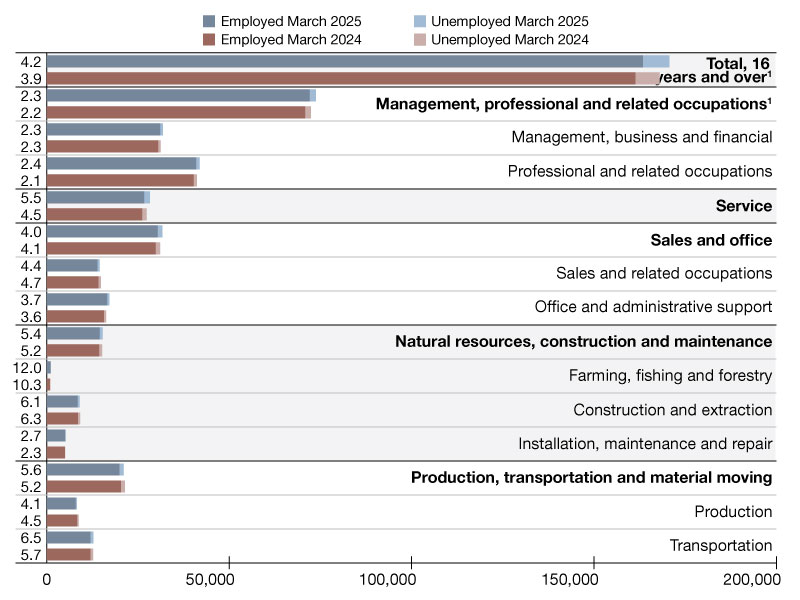Time for Brokers to Go Back to Basics
Finding success in a slower market requires a renewed focus on key strategies and relationship-building skills.

Suzann D. Silverman, Editorial Director
We’ve been producing our Top Brokerage Firms ranking for quite some time now. Certain characteristics show up consistently—and this year’s list is no exception. Diversified firms tend to be the top performers—those active in multiple property types, geographic regions and types of transactions. Often these leading firms provide multiple types of services, as well, including property management, financial brokerage, appraisals and other operational functions. They seek to round out their businesses and increase competitiveness through the addition of individual specialists or corporate acquisitions.
Such longstanding strategies provide diversification, balance, flexibility—all of which become even more critical when transactional activity slows, as it did last year and continues to do this year. In fact, both office and industrial transaction volume was down by more than 20 percent last year, according to CommercialEdge data. Whereas fourth-quarter office sales in 2021 were close to those in the same quarter of 2019 (a recovery to pre-COVID levels) at $33.4 billion, they were just a third of that at $11.4 billion in the last quarter of 2022. And the beginning of this year followed a similar pattern, with the first three months coming in at $6.8 billion, again about a third of the total for the same period last year. While stronger, the industrial sector’s $14.9 billion in fourth-quarter 2022 sales followed a solid $36.6 billion in fourth-quarter 2021, with a further drop-off in this year’s first quarter.
With rising interest rates and continued uncertainty causing many would-be sellers to hold off, investment brokers face increased competition for a smaller number of deals. The leasing market has likewise slowed, with CommercialEdge measuring a 90-basis-point rise in office vacancy and 10 basis points in industrial vacancy, as corporate users struggle to determine how much space they’ll really need going forward.
While companies may weather such challenges through diversity and flexibility, individual brokers must hone their own strengths. That means deepening relationships, identifying local market nuances and increasing knowledge of tenants’ industries to better anticipate risks and opportunities. It also means partnering with other service providers within the company to better serve clients, and thinking ahead to better prepare those clients for what they’ll need to be doing down the road.
“To be successful today, a broker must understand the owner’s world and provide help where it is needed,” Patrick Luther, co-founder & managing principal at SRS Real Estate Partners’ national net lease group, told our associate editor Jordana Rothberg for our June brokerage feature, “CRE Brokers Power Through Decline in Deals.”
None of this is new. But during busier times, it can become less of a priority in the midst of fast pace and hungry clients. In a tighter market, it’s a necessity. If you haven’t already done so, now is a good time to ensure your strategy includes all the elements you need for success.







You must be logged in to post a comment.